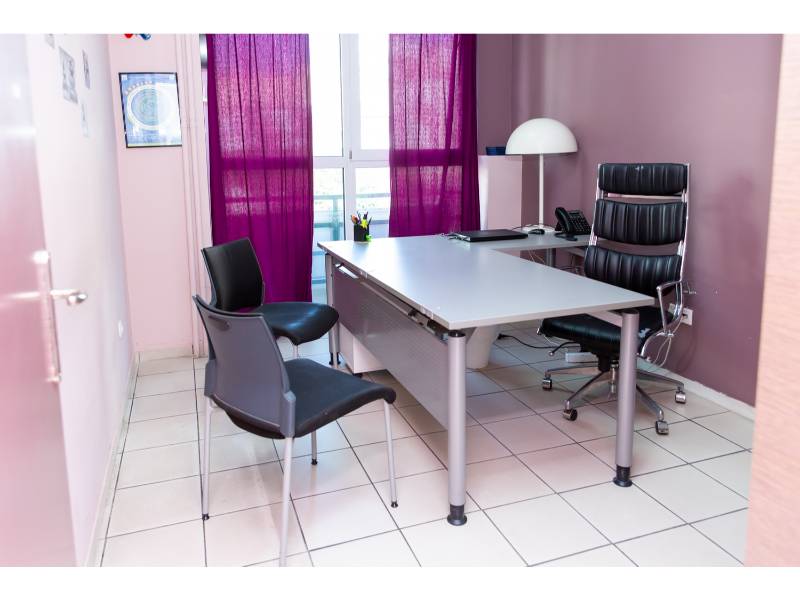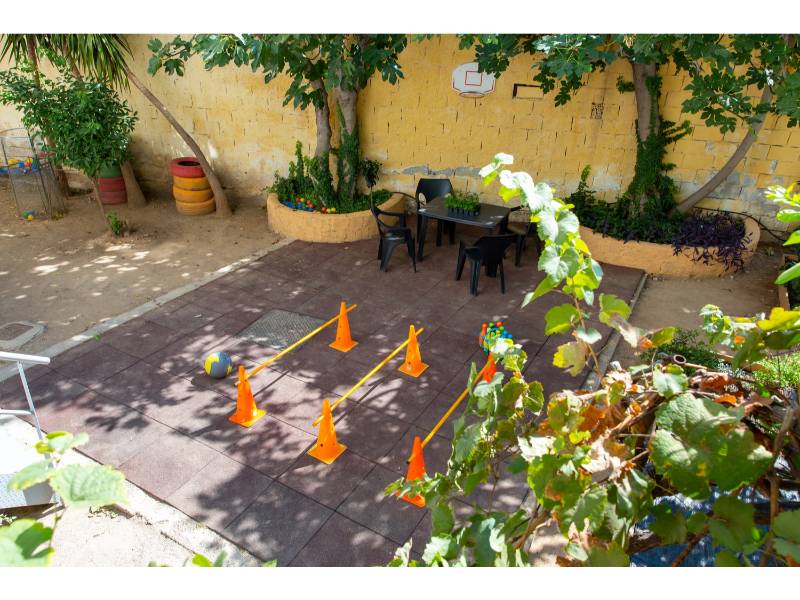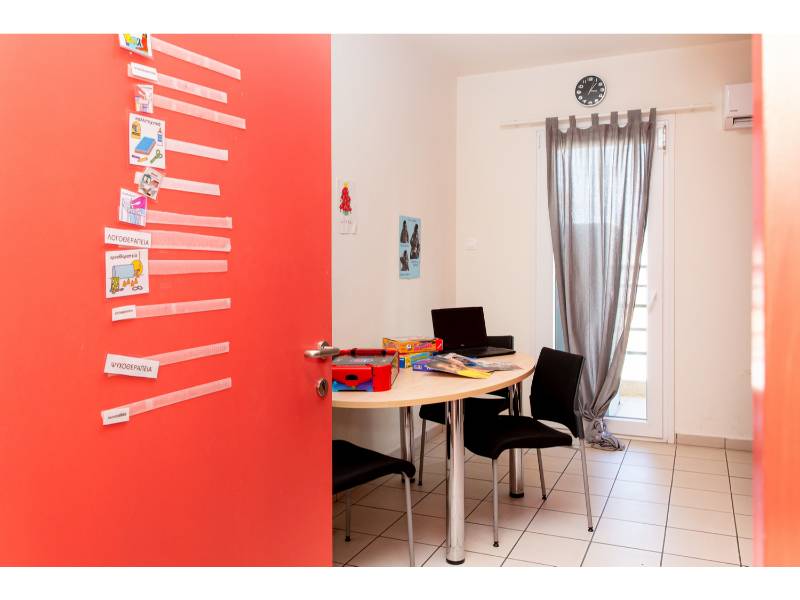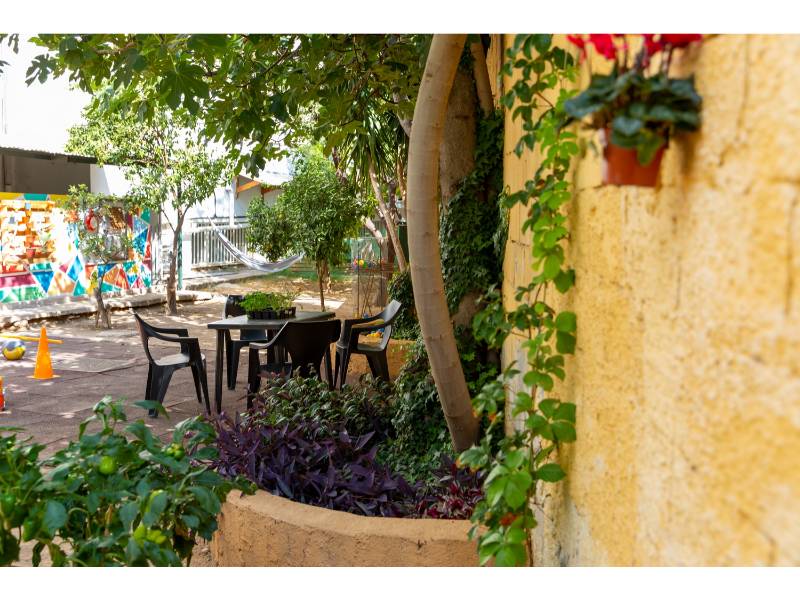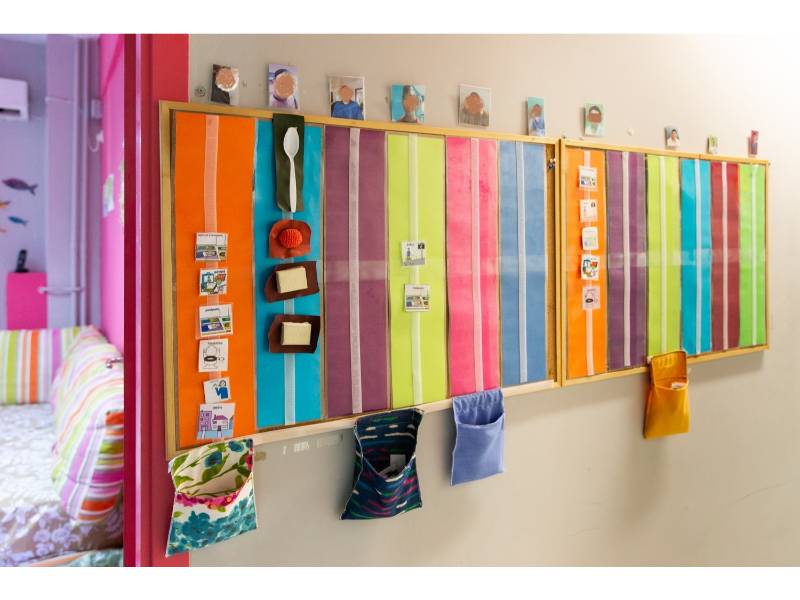Specialized Diagnostic and Rehabilitation Center of people with Autism Spectrum Disorders, “Helianthos”
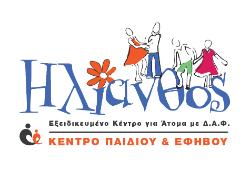
Specialized services for people with Autism Spectrum Disorders of average child age (above 5 years old), teenagers and adults.
Information

“Helianthos” is a Specialized Diagnostic and Rehabilitation Center of people with Autism Spectrum Disorders. It has operated at the Peristeri area of Attica since 2010 and is addressed to children (above the age of 5), teenagers and mostly young adults with Autism Spectrum Disorders of low, medium and high functionality. It is a self-funding institution, part of the Civil Non-Profit Organization “Child and Adolescent’s Center”, which provides services to the families that live in the Peristeri area and the areas nearby, but also to the whole county of Attica, provided that the beneficiaries can come to the center.
The therapeutic programs focus on socialization, the development of communication and interaction, dealing with behavior difficulties and improving the functionality and the autonomy of the beneficiaries. They are planned in a way which allows the development of general skills in different environments, with a main concern of improving the functionality in the daily life of the families with a member with Autism Spectrum Disorders, but also improving the life of people with Autism Spectrum Disorders as well.
Towards achieving this goal, there is a steady and regular communication with any other significant framework of the person (family, school and other institutions). At the same time, an individualized program is created for each beneficiary, which can include meetings of work-therapy, logo-therapy, psycho-pedagogic program, adjusted physical education, psycho-therapy and other services on a both single and group level, depending the set target. The program takes place in the premises of the institution and outside, while the target is decided in cooperation with the families, the beneficiaries themselves, as long as this can be possible, and the evaluation of the difficulties and the capabilities of the beneficiaries by the therapeutic group.
More specifically, in the morning the teenagers and young adults with autism attend a long therapeutic program by a specialized staff of all fields in both single and group meetings. In the afternoon, special meetings, group programs and a long therapeutic program take place, in which the beneficiaries attend a minimum of 8 hours a week in single and group meetings, adjusted to their individualized needs.
The Psycho-kinetic program is based on the principles of Psycho-kinetic Education. Psycho-kinetic Education is a completed method of kinetic education which wholly approaches the person with autism on a mental and kinetic level.
The objective of the program is to improve the kinetic, cognitive and social skills of the participants.
-better contact with their body and other people
-improvement of kinetic and social skills
Benefits:
- Space orientation
- Visual-kinetic coordination
- Balance
- Confidence development
- Increase of frustration and body contact tolerance
- Functioning in a group
- Acquisition of cognitive objects (colors, shapes, concept of space)
In the frameworks of the Psycho-kinetic program the kinetic pedagogic method Sherbone is applied, which helps at the improvement of both the kinetic and social/emotional aspects of the person.
Finally, this kinetic-pedagogic method is based on 4 factors relative to body feeling (knowing your own body), the understanding of the environment (for example, movement, weight and strength quality), the understanding of the relationship with other people (communication and game skills) and the development of feelings.
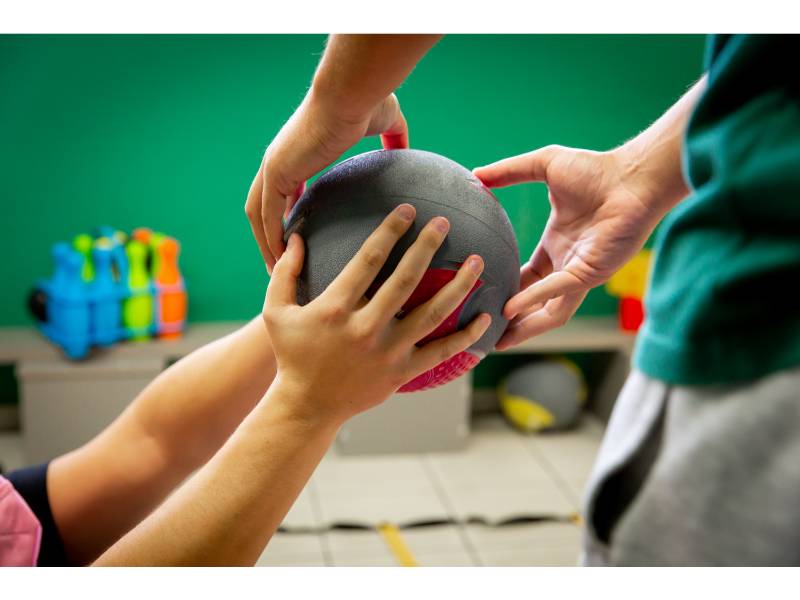

The Multidisciplinary Group is recruited by a children psychologist, psychologists, logo-therapists, occupational therapists, special educators, instructors of adjusted physical education, music therapists and administrative assistants.
All the therapists of the “Helianthos” meet the requirements defined by the institutional framework of the country and have all the necessary knowledge and expertise for the services that they practice.
“Helianthos” operates in a way which ensures medical confidentiality and privacy.
ADDRESS
Xrysolora str.10-12, 12132 Peristeri
PHONE
2105782341
ilianthos@kpechios.org
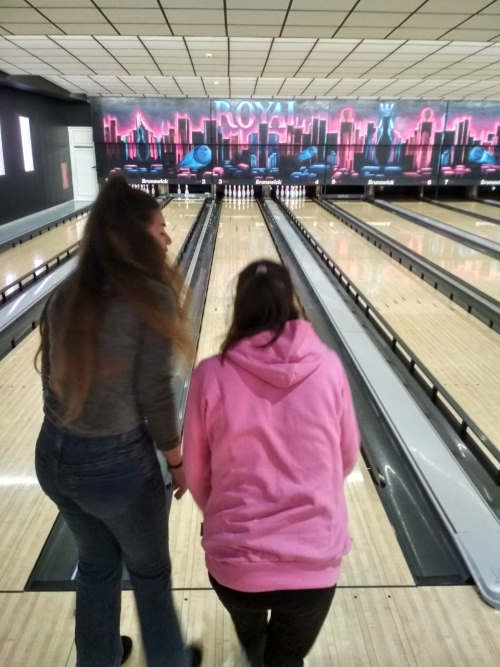
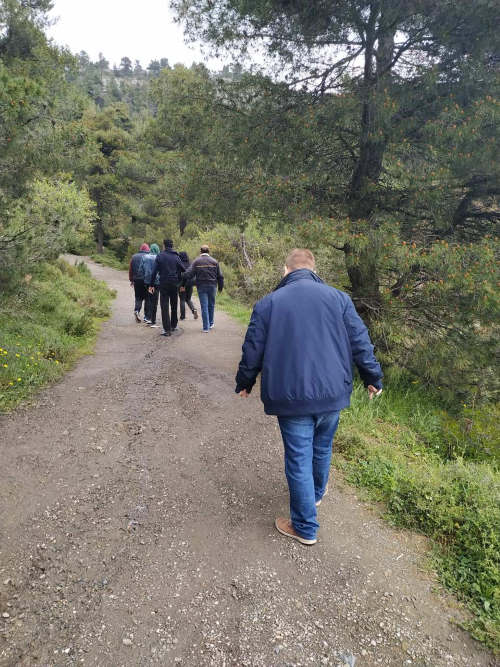
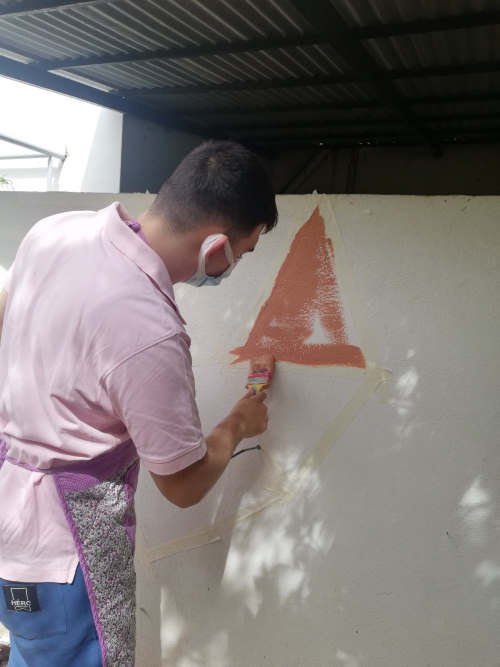
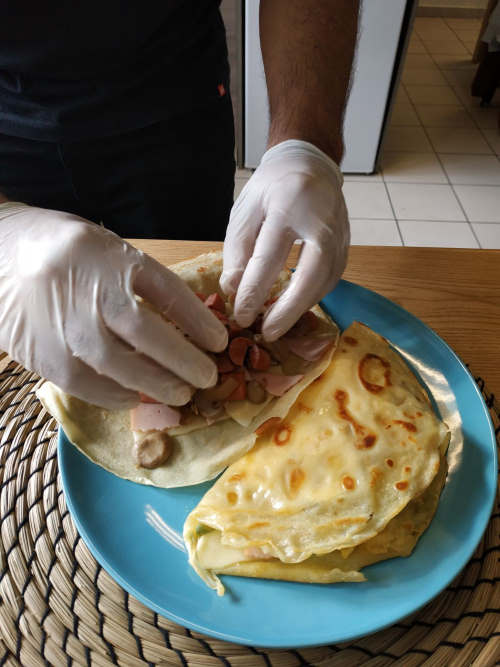
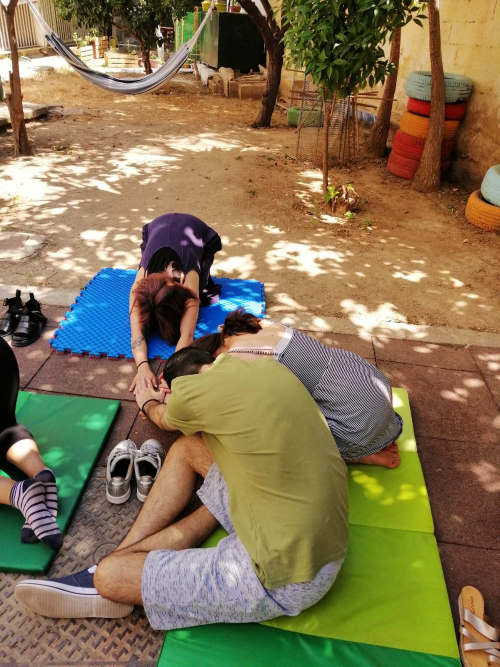
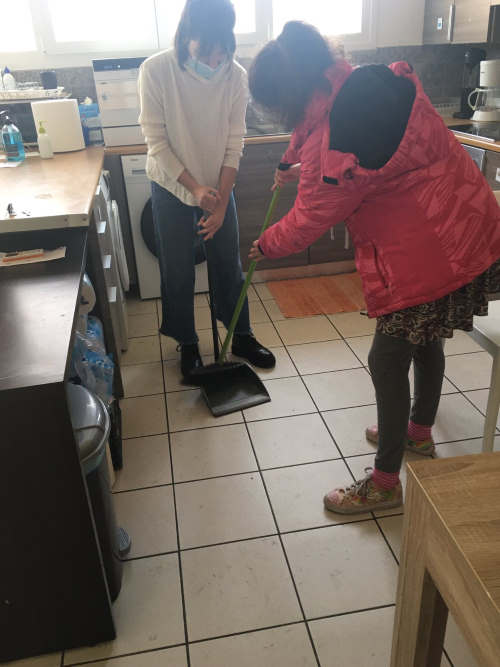
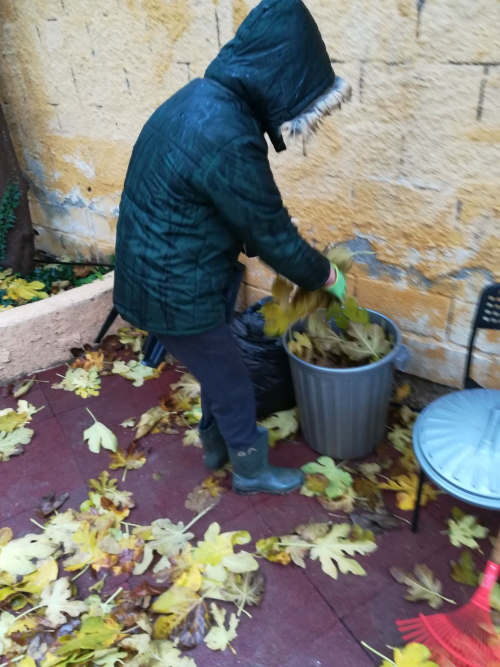


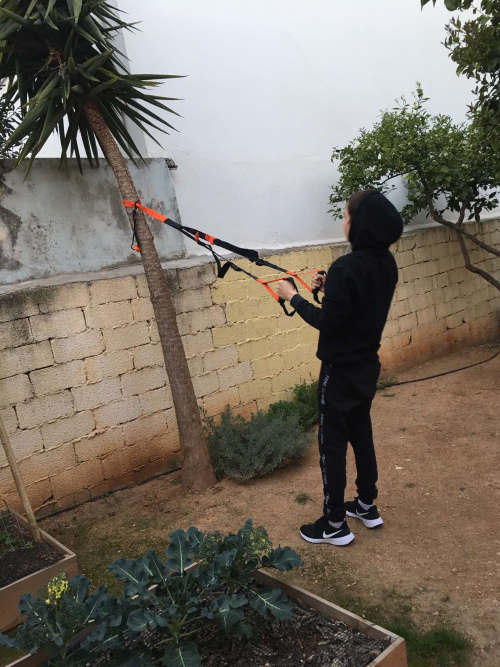




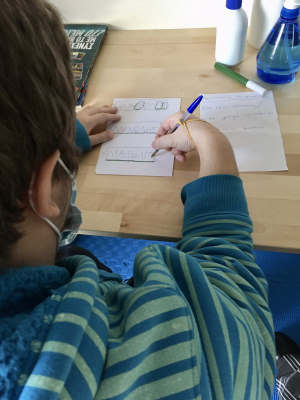

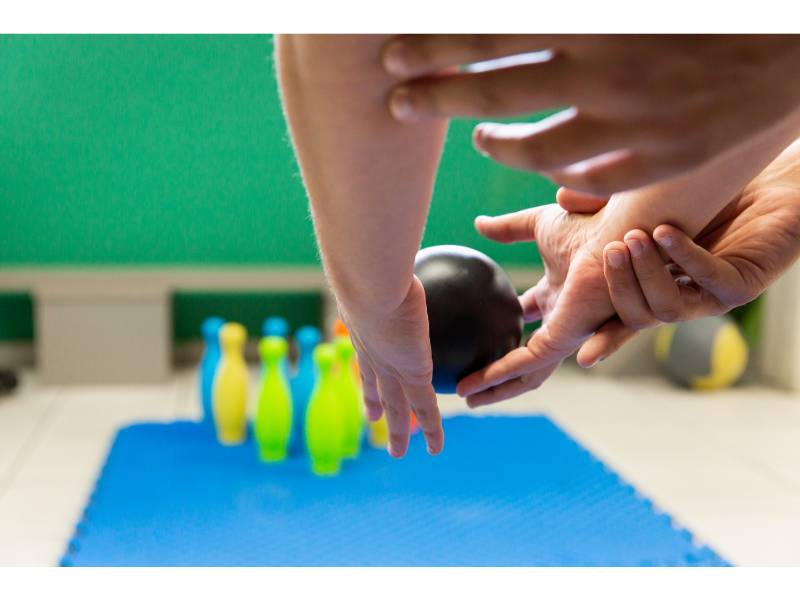
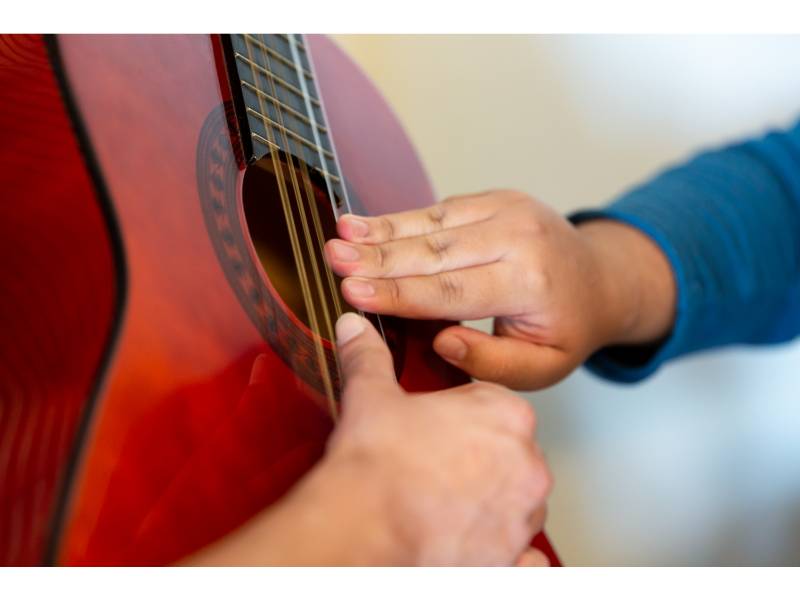

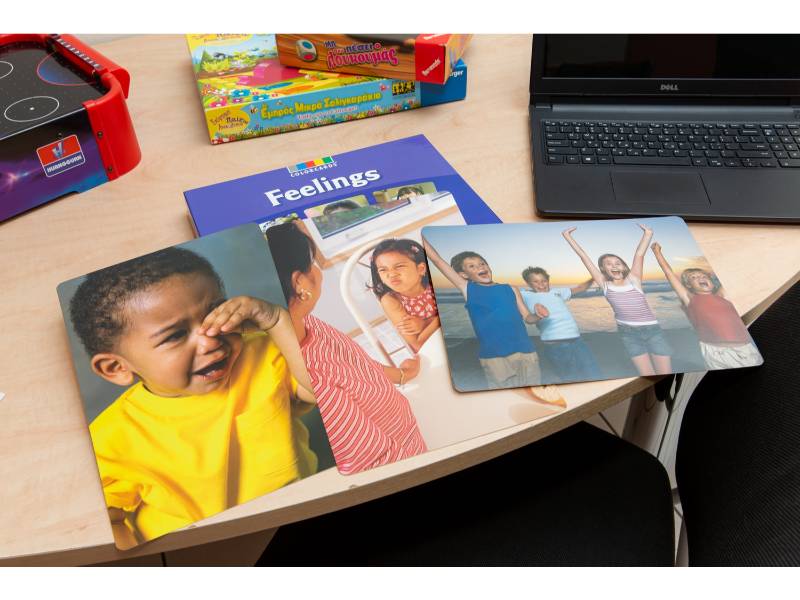
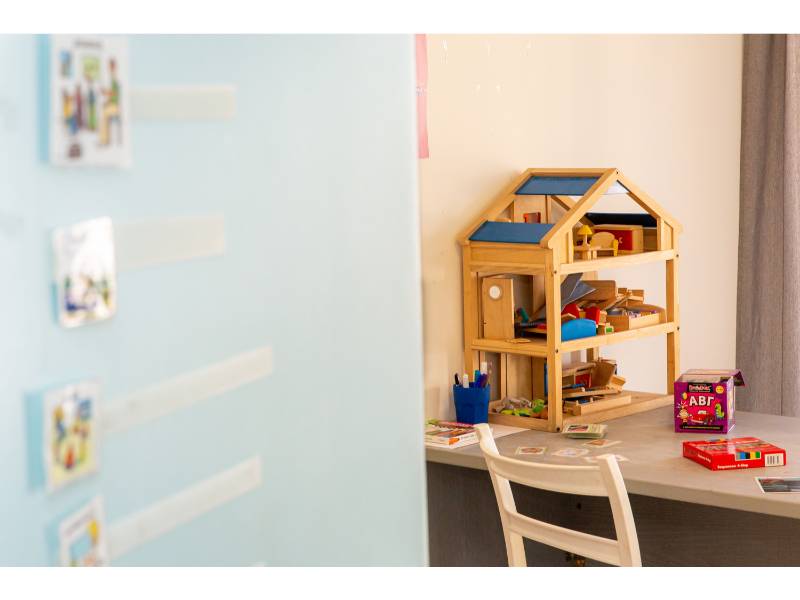
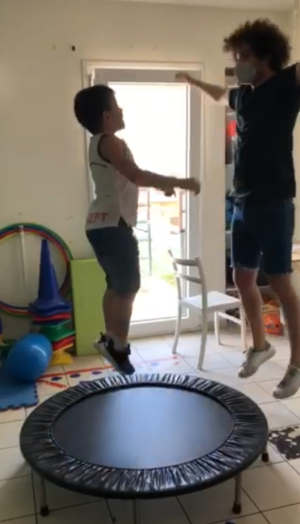




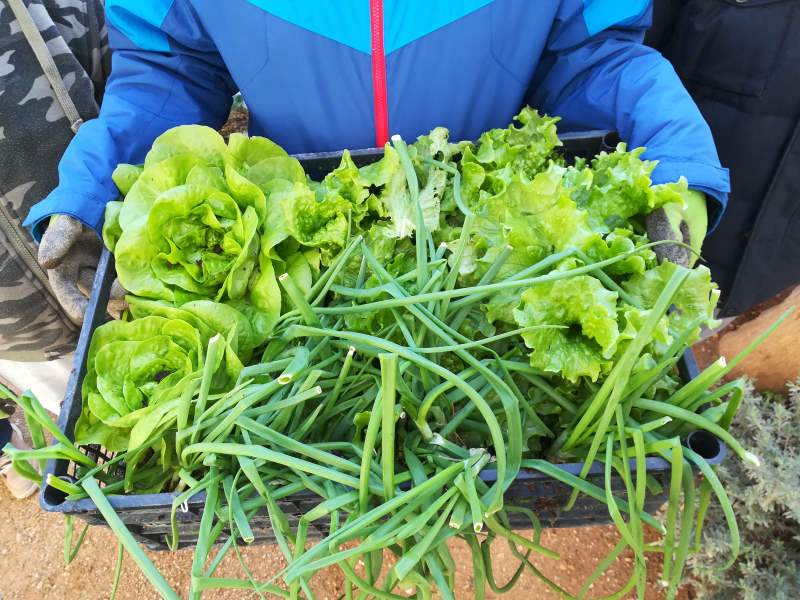
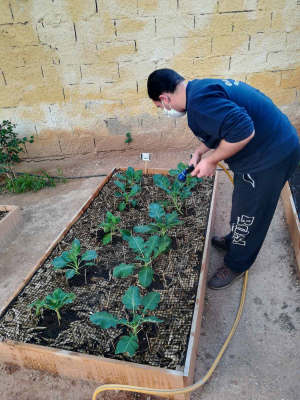

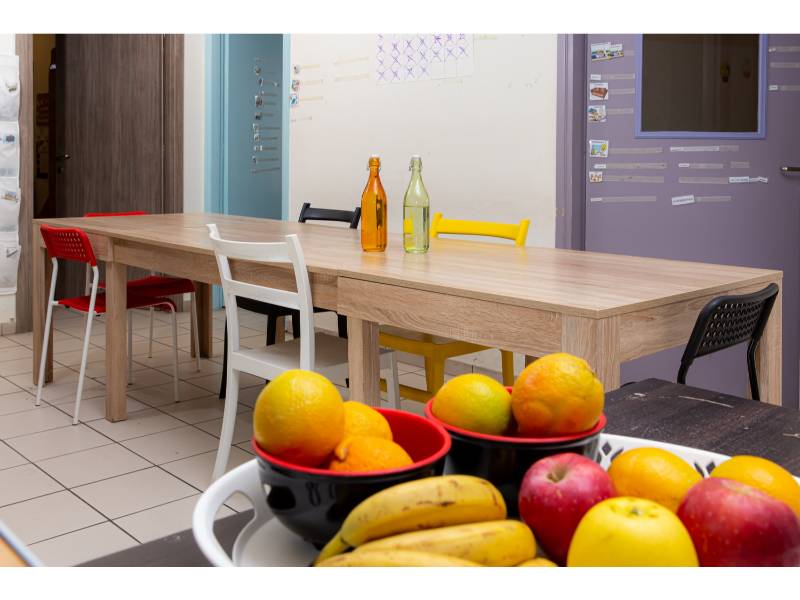

 Ο
Ο